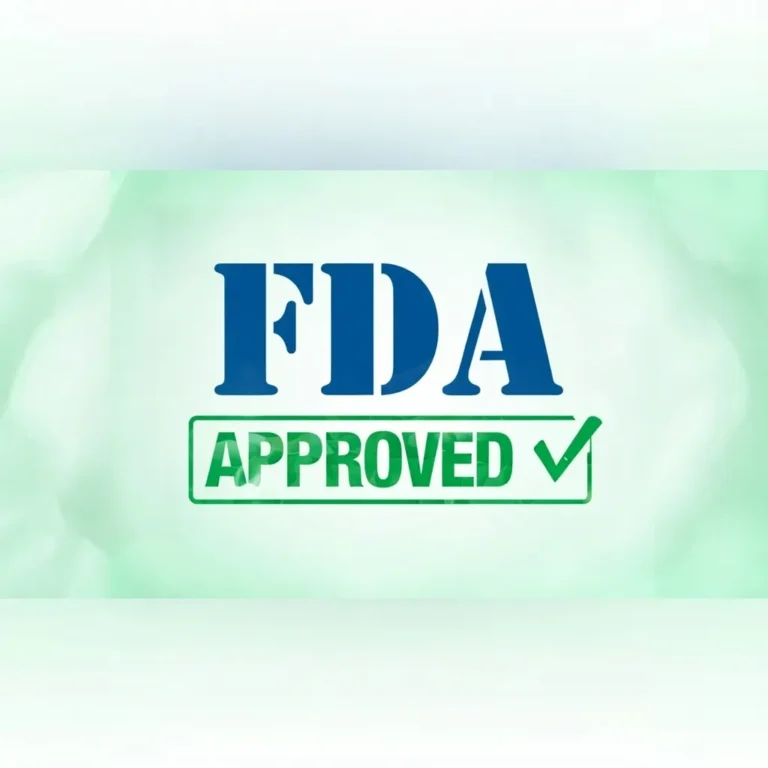
The Bayer Group’s performance in the first quarter of the year met expectations, according to CEO Bill Anderson. “First-quarter sales declined slightly versus the prior year. The Pharmaceuticals Division saw gains in growth and profitability, and the Crop Science Division outperformed in a difficult market. Consumer Health started slower, but is set to get back to growth over the course of the year,” Anderson said while presenting the company’s quarterly statement. He reaffirmed Bayer’s outlook for 2024 at constant currencies and outlined progress in strategic priorities including growth and innovation, US litigation, cash and deleveraging, and the new Dynamic Shared Ownership (DSO) operating model. Anderson emphasized the importance of the DSO model in enhancing team impact, fostering innovation, and improving customer outcomes.
Bayer’s first-quarter group sales were 13.765 billion euros, a slight decrease of 0.6 percent on a currency- and portfolio-adjusted basis. The quarter saw a negative currency effect of 525 million euros. EBITDA before special items dropped by 1.3 percent to 4.412 billion euros, while EBIT increased by 4.0 percent to 3.092 billion euros, despite net special charges of 207 million euros. Net income fell by 8.2 percent to 2.0 billion euros, and core earnings per share decreased by 4.4 percent to 2.82 euros. Free cash flow improved but remained negative at minus 2.626 billion euros. Net financial debt rose by 8.7 percent to 37.488 billion euros, primarily due to seasonal cash outflows from operating activities.
Crop Science Division: In a challenging market, Crop Science outperformed its peers despite a 3.0 percent sales decline to 7.907 billion euros, mainly due to lower volumes for non-glyphosate herbicides and fungicides in certain regions. Significant price declines for glyphosate-based products were only partially offset by volume recovery. Sales in Herbicides and Fungicides fell by 13.3 percent and 8.5 percent, respectively. Soybean Seed & Traits sales remained stable, while Corn Seed & Traits saw a 2.0 percent increase due to higher prices. Insecticides sales grew by 2.3 percent due to increased volumes. EBITDA before special items in Crop Science declined by 12.8 percent to 2.849 billion euros, influenced by glyphosate price declines and a negative currency effect of 92 million euros.
Pharmaceuticals Division: Sales rose by 3.9 percent to 4.358 billion euros, driven by new products like Nubeqa™ and Kerendia™, which saw sales increase by around two-thirds. The ophthalmology drug Eylea™ and Radiology products also posted gains. Sales of Xarelto™ increased by 1.7 percent despite generic competition. However, Adalat™ sales declined by 23.0 percent due to tender procedures in China. EBITDA before special items in Pharmaceuticals rose by 8.0 percent to 1.194 billion euros, benefiting from reduced sales activity costs and higher R&D investments in new technologies, offset by a negative currency effect of 127 million euros.
Consumer Health Division: Sales of self-care products decreased by 1.8 percent to 1.432 billion euros due to reduced customer demand and inventory adjustments by US retailers. Strategic pricing helped offset volume declines. The Allergy & Cold category fell by 16.8 percent, while Digestive Health sales rose by 9.0 percent. The Dermatology category grew by 7.3 percent, driven by Bepanthen™ Derma and strong demand in China. EBITDA before special items in Consumer Health dropped by 12.7 percent to 331 million euros, impacted by negative currency effects of 46 million euros. However, cost management and higher income from non-strategic brand sales mitigated some of the declines.
Outlook for 2024: Bayer confirmed its currency-adjusted forecast for 2024 but noted an increased negative impact from currency effects based on March 31, 2024, closing rates. This adjustment led to a revised forecast for EBITDA before special items, now expected to be between 10.2 billion and 10.8 billion euros.





